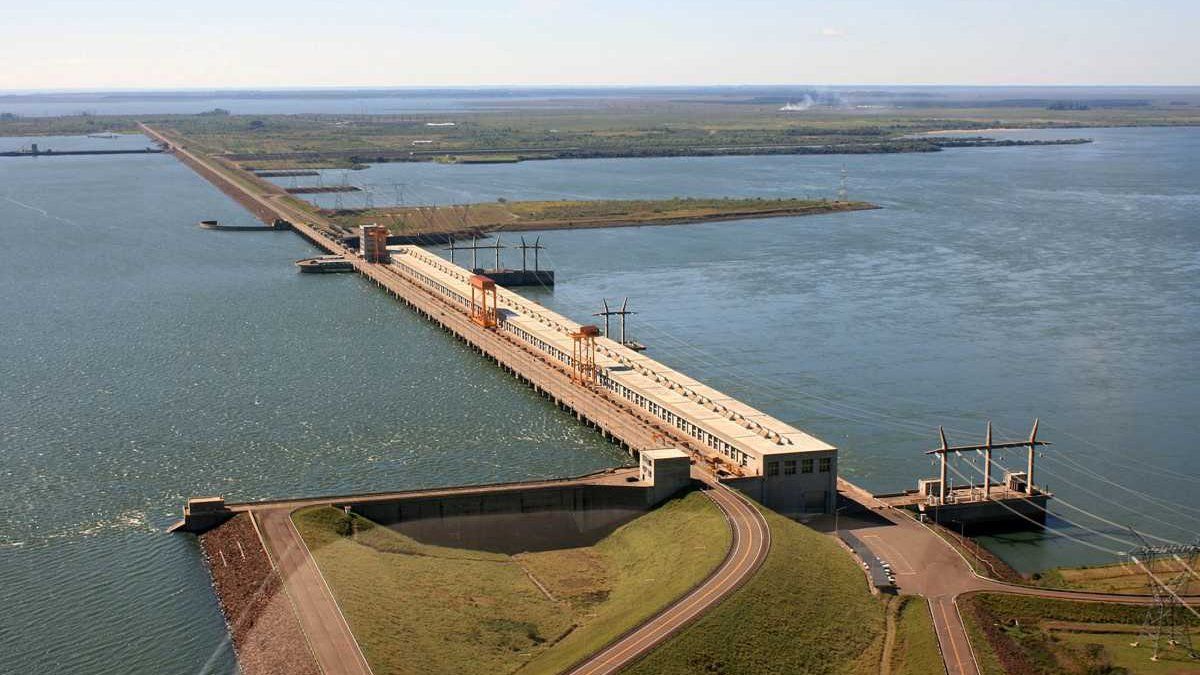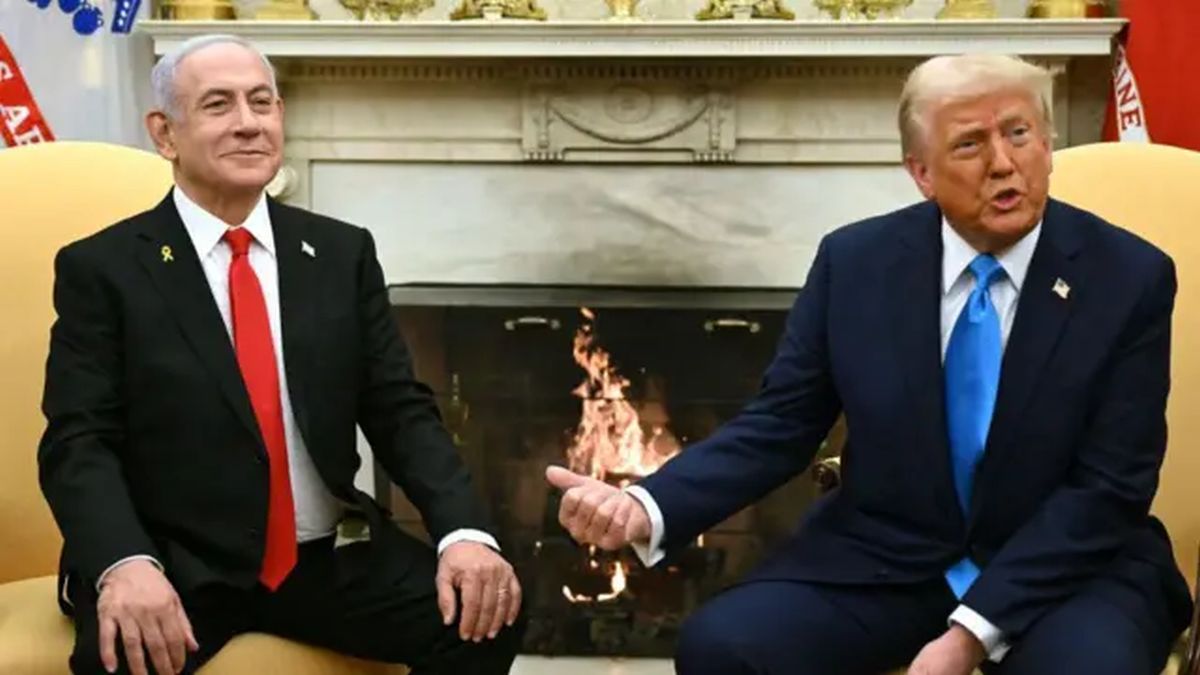The government of Paraguay restored the delivery of energy from the Yacyretá hydroelectric plant to Argentina. He had cut it off, citing a debt of less than $100 million. The Ministry of Economy, led by Sergio Massa, agreed to a payment in 3 installments, and this Thursday made the first disbursement. However, official sources explained that the underlying problem is due to international trade through Waterway: Paraguay refused to pay the toll, and finally progress was made in analyzing the current rate.
On Monday, September 19, the vice president of Paraguay, Pedro Alliana, announced that Paraguay would stop providing energy to Argentina. Since Yacyretá is a binational plant, each country has access to 50%, but since Paraguay does not use all of it, it makes an “energy transfer” to Argentina, and that is what was cut. However, five days later everything was “practically resolved,” according to official sources, but public statements by Alliana ended up bogging down the private negotiations.
In fact, the brake on energy transfer by Paraguay did not last even a week and shipments quickly returned. Argentina He took the restoration of energy as “a gesture,” and progress was made in resolving the debt. The Government owed US$36 million for the balance of 2022, and this Thursday it paid the first of the 3 installments, of US$12 million each. The debt for the period January-August of this year, which is US$56.2 million, still needs to be validated, official sources explained.
In the negotiation, the Argentine government stated that the delay in transfers originated from a request from the elected president of Paraguay, Santiago Pena, “at the request of waiting for the appointment of a person he trusts as head of the Binational Entity.” In addition, the Ministry of Energy called for “an economic and financial ordering of the Binational Entity.”
According to official sources, the entity’s debt with the Argentine State for the construction of the project amounts to US$28,445 million. Therefore, it is requested to review the so-called “Annex C” of the Treaty of Yacyretá, to see the “correct credits, debts and collection rights of the parties.” Furthermore, Argentina put on the table the recent resources contributed by US$ 494.3 million in investments for works in Aña Cuá and in the rehabilitation of the generating park.
“If we didn’t have electricity, they weren’t going to have gas, they were 2 days away from running out of supply in Asunción,” said a high-ranking source from the Treasury Palace, about one of the reprisals that Argentina threatened. The thing is that, with Vaca Muerta gas, currently the lack of electrical energy was not a problem for generation in Argentina, but it would have been in Paraguay.
For this reason, the Government asked to continue in a “climate of dialogue” and assured them that it would be “advisable to cease demonstrations harmful to Argentine performance.” A Paraguayan deputy even asked for the declaration of war on Argentina, although he later backed out.
background waterway
Paraguay has been transferring energy to Argentina from Yacyretá since 1994, and there were unpaid balances between both countries of up to US$ 400 million, so the current debt did not represent even 10% of that. The underlying issue is the toll that Argentina began charging on the Waterway this year.. Massa traveled to Paraguay in August to meet with the recently elected Peña. After that visit, the Paraguayan president assured that Massa promised him to stop charging the toll, something that different sources who were at the meeting denied.
To advance the resolution of this issue, this Wednesday there was a meeting at the Brazilian Embassy in Buenos Aires, framed under the Special Meeting of the Intergovernmental Committee of the Paraguay – Paraná Waterway (CIH). Delegations from the 5 countries that comprise it participated: Argentina, Paraguay, Brazil, Bolivia and Uruguay.
One of the conclusions is that Toll collection will not be suspended: “We are not going to subsidize the foreign trade of other countries,” commented a senior source. However, the government offered a technical table to evaluate the necessary works for the navigable waterways, and thus redefine the new cost of the rate. All countries left in writing their intention to form the commission of experts. Meanwhile, the Foreign Ministry stated that as a gesture of “good will,” During the next 60 days there will be no embargoes on vessels that do not pay the toll, and judicial filings will cease.
Source: Ambito




